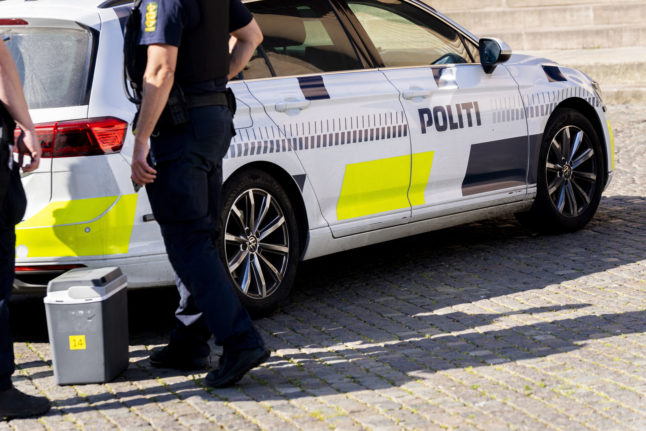“They determined that they were faced with a deadly threat,” said Benny Ahlenius at Umeå police.
Police were called to an address in the Umedalen area of the city on Friday night following a report that a man had assaulted and threatened his wife.
When the police unit arrived the apparently drunk man pointed a gun at them, forcing them to flee their vehicle.
“They threw themselves out,” Ahlenius said.
The police officers attempted to persuade the man to surrender his weapon by firing warning shots and when he remained unpersuaded, they shot him in the foot.
Bleeding from his wound the man refused to surrender and attempted to steal the police vehicle, but to no avail as he was unable to get the car into gear.
The police then shot the tyres and the man was finally forced to give up.
The man is now in custody on suspicion of assault and unlawful threats.
According to Benny Ahlenius it is very unusual for police officers to shoot suspected criminals.
“But here they have made use of the paragraph on self-defence,” he said.
The police will now open a routine internal investigation as a result of the shooting.
TT/The Local/pvs Follow The Local on Twitter


 Please whitelist us to continue reading.
Please whitelist us to continue reading.
Member comments